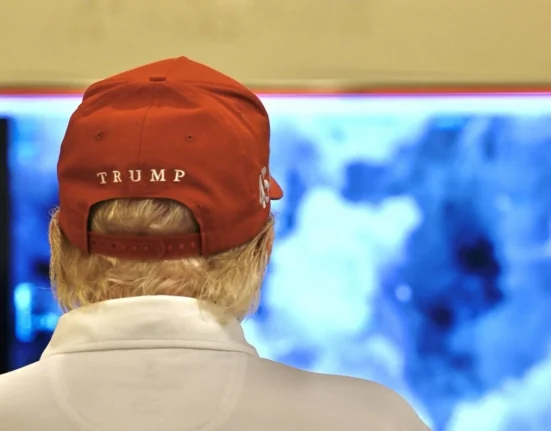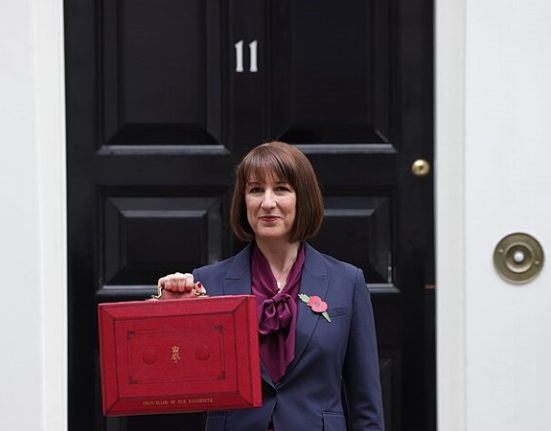A West Lothian-raised ex-Royal Marines commando has joined a group legal action against the American manufacturer of faulty military earplugs.
Dave Combe, 54, born and raised in Livingston, used 3M earplugs while serving in the corps from 1989 to 1995 and then 1999 to 2005, taking part in tours to Iraq and Sierra Leone.
Up to 300,000 UK military could be affected
He still suffers daily bouts of tinnitus with often debilitating impacts and he is not alone – the Royal British Legion estimates up to 300,000 UK military personnel could be affected by 3M’s betrayal

Today the grandfather of three said 3M’s betrayal was “disgraceful” and “disheartening” as he shared the daily impacts of life with hearing damage.

‘I get a high-pitch ringing in my ears’
“I get a high-pitch ringing in my ears which can be painful,” said Dave, who now lives near Port Elizabeth in South Africa and works as a risk management specialist in West Africa.
“I just can’t be around noise. I’m very sensitive to it. Sometimes I will be at a function with my wife and people think I’m being grumpy, but I’m just trying to escape the noise.”
Dave recalls first seeing the 3M earplugs after the MoD began procuring them.
“I’ll always remember the 3M earplugs. They came in a little plastic container with a flip lid. We thought they were great as previous brands were provided in cardboard packaging which disintegrated when wet,” he said.
‘To have ear protection that works is not a big ask’
Dave worked as a platoon weapons instructor, spending many days on the range training colleagues.
He said: “As a Royal Marine you naturally assume you’re getting the best kit, and that includes ear protection. It’s disgraceful to know 3M continued to supply the MoD with earplugs they would have known were faulty. To profit while knowing they were substandard is disgraceful, very disheartening, particularly when you’re out in Iraq and Sierra Leone being exposed to the reality of conflict. To have ear protection that works is not a big ask.”
3M, a multinational conglomerate which produces personal safety equipment (PPE), supplied around 400,000 sets of Combat Arms Earplugs* to the UK’s Military of Defence (MoD) between 2003 and 2023.

3M paid out $6bn to US military personnel – now it’s the UK’s turn
KP Law, a leading UK specialist in group action claims, has launched a call for affected UK veterans and armed forces personnel to join its ‘no win, no fee’ group action lawsuit against 3M seeking justice and compensation. Join the claim on this link: www.3mclaims.co.uk
This will be the first action against 3M in the UK courts. It comes after 3M agreed in 2023 to pay more than $6bn to settle lawsuits from US military personnel.
It is estimated that tens of thousands of people who served in Britain’s Army, Navy and Air Force used the earplugs in the belief they were protecting their hearing during active service and training.
Many of these men and women, some still serving, suffered life-changing hearing loss and hearing damage including tinnitus, and related issues including stress, anxiety and depression.
‘3M showed no integrity’
Tom Longstaff, partner and head of product liability at KP Law, said: “One of the British military’s core values is integrity. By supplying earplugs that were defective, and which 3M knew were defective, 3M showed no integrity. This is another example of a large corporate taking advantage of the British public, this time at the expense of members of the Armed Forces. It is only right that the men and women whose lives have been impacted receive justice and compensation.”
Individuals who meet the following criteria are eligible to join KP Law’s class action lawsuit:
- Served in the armed forces
- Suffer from or suspect they suffer from hearing loss
- Used 3M Combat Arms Earplugs V2.
Some UK military personnel have already received compensation from the MoD after having suffered hearing loss or hearing damage while serving. Having previously received compensation from the MoD does not preclude someone from joining KP Law’s group action to seek justice from 3M. The two claims are entirely separate.







